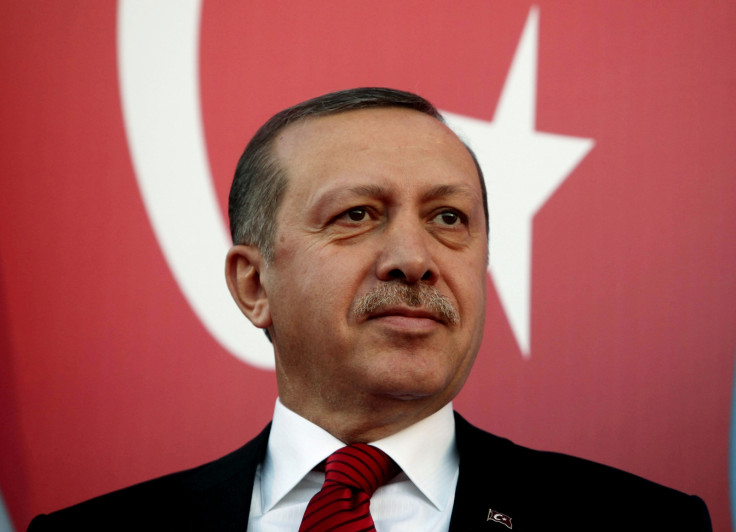Turkey 'Frees Isis Jihadists in Swap' for Hostages Held by Group in Iraq

Turkey is facing calls to explain a reported deal with Isis (now known as the Islamic State) following allegations that 49 Turkish and Iraqi hostages were freed by the terror group in return for the release of prominent jihadists from Turkish prisons.
Ankara has denied that a ransom was paid for the hostages' release, but has so far refused to comment on whether a prisoner swap was agreed or not.
However Abdulkadir Selvi, a columnist for the pro-government Yeni Safak daily, said: "A couple of figures who are very, very important for the Islamic State were traded in the swap [for the hostages]."
When asked whether a prisoner swap was the reason behind the release of the 49 hostages, Turkish President Recep Tayyip Erdogan said in New York: "Such things may be possible".
"This process that took 102 days involved an operation by the national intelligence agency ... it was a historic, very important process," he said.
"As to the rest, you probably cannot expect us to publicly divulge what the international agencies do in their business but the end result is that 49 diplomatic consular staff have been released."
"Even if this swap took place, as the president, I always look after my 49 citizens. Nothing can be of more value than my citizens," he added.
Allegations of a prisoner swap will renew worries about Turkey's relationship with the Islamic State. Western nations have put pressure on Turkey to secure its borders with Iraq and Syria following reports of jihadists reaching the terror group via Turkey.
Turkey had been reluctant to join forces with the US-led coalition against the Islamic State because of the hostage situation but, following their release, US Secretary of State John Kerry said that "the proof will be in the pudding" if Erdogan signs up to the fight against the terror group.
© Copyright IBTimes 2024. All rights reserved.






